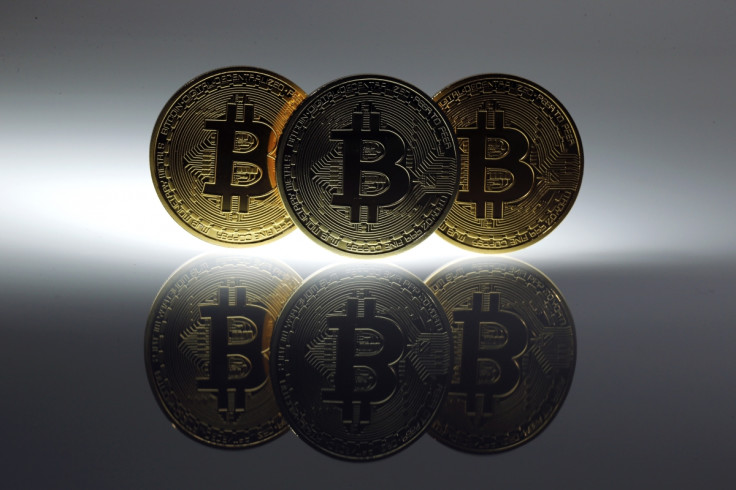Chinese Bitcoin Exchanges Planning to go Offshore to Escape PBOC Crackdown

Chinese bitcoin exchanges are considering plans including shifting operations abroad and opening offshore bank accounts to escape tough regulations imposed by the country's central bank.
The South China Morning Post reported that Beijing based Huobi, one of the largest bitcoin exchanges in China, is considering shifting its operations abroad to protect its customers.
"We are trying to create an offshore account and to go international," the newspaper quoted Leon Li, founder and CEO of Huobi, as saying.
"We don't want to touch the customers' money in China, because maybe [regulation] is going to get worse," he said.
In December, the People's Bank of China (PBOC) banned financial institutions from handling transactions in bitcoin, as the central bank was concerned about financial stability amid soaring volumes of digital currency trades in the country.
Subsequently, a number of banks announced that they were withdrawing support for digital currency exchanges. As a result, smaller exchanges such as FXBTC and Linkcoin have shut down.
The Industrial and Commercial Bank of China (ICBC), the largest bank in the world by total assets and market capitalisation, earlier banned customers from using accounts with the bank for transactions in digital currencies.
BTC China had suspended yuan deposits from the Bank of China, after halting local currency deposits to accounts at China Merchants Bank. Shanghai-based BTC China has since been using paper vouchers to manage transactions.
The continued crackdown on digital currencies in China has resulted in a sharp decline in bitcoin prices.
"You can see the pressure being applied from different angles," Bobby Lee, CEO of BTC China, said.
On 6 May, the CEOs of China-based digital currency exchanges OKCoin, BTC China, BtcTrade, CHBTC and Huobi, said they would not attend the Global Bitcoin Summit in Beijing to comply with state policies and regulations.
In addition, authorities ordered local media not to cover the conference and not to promote the digital currency.
© Copyright IBTimes 2025. All rights reserved.






















